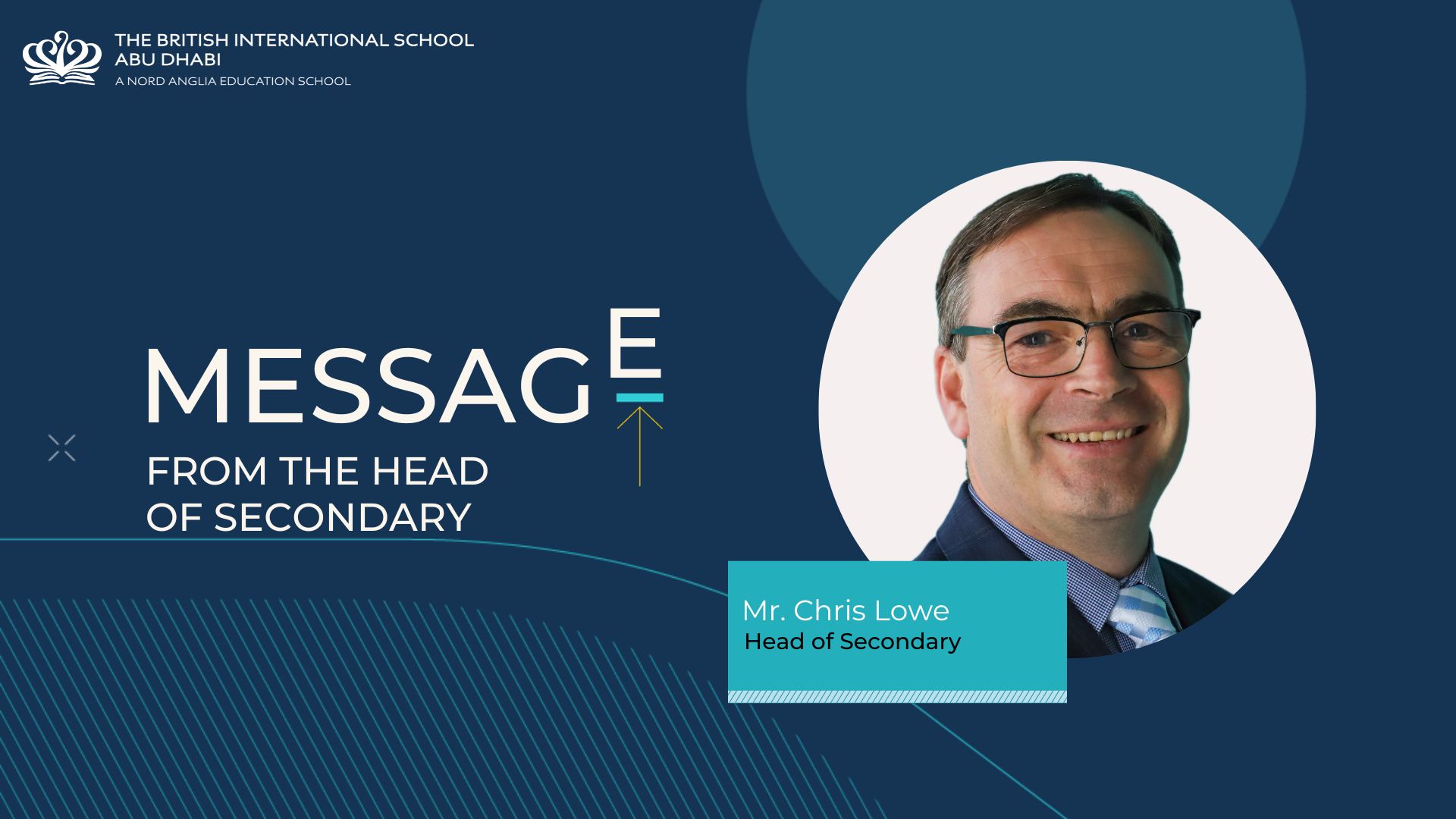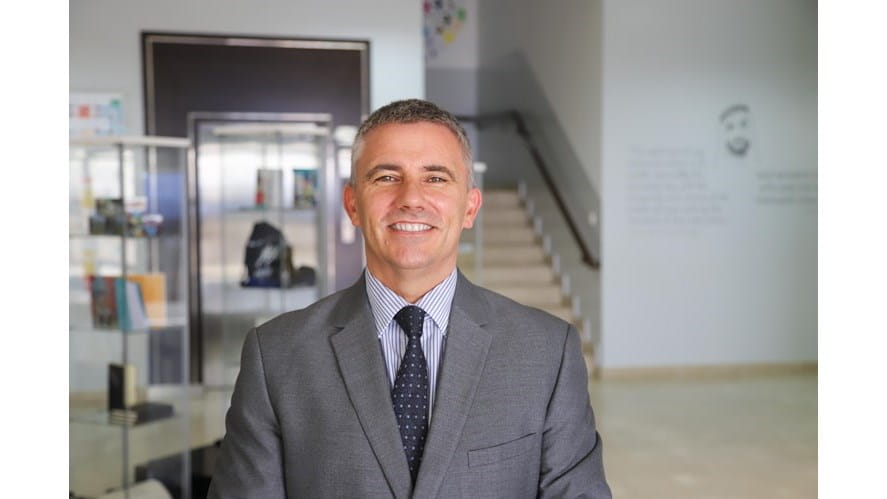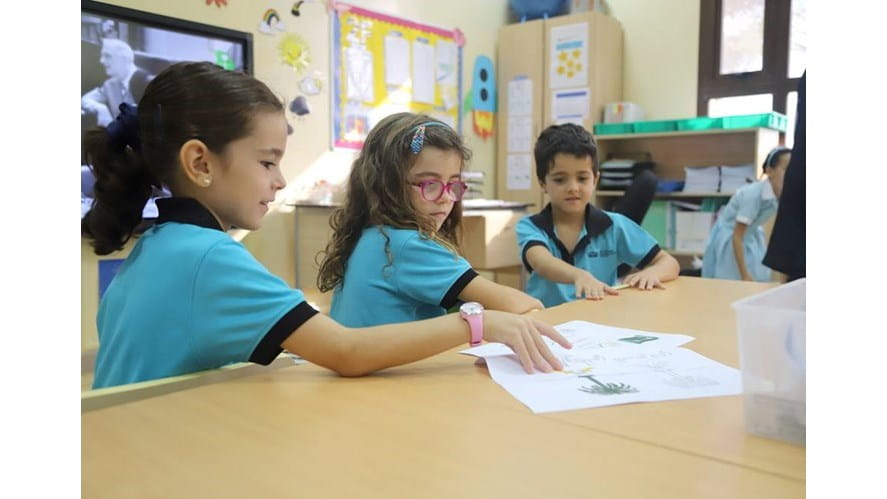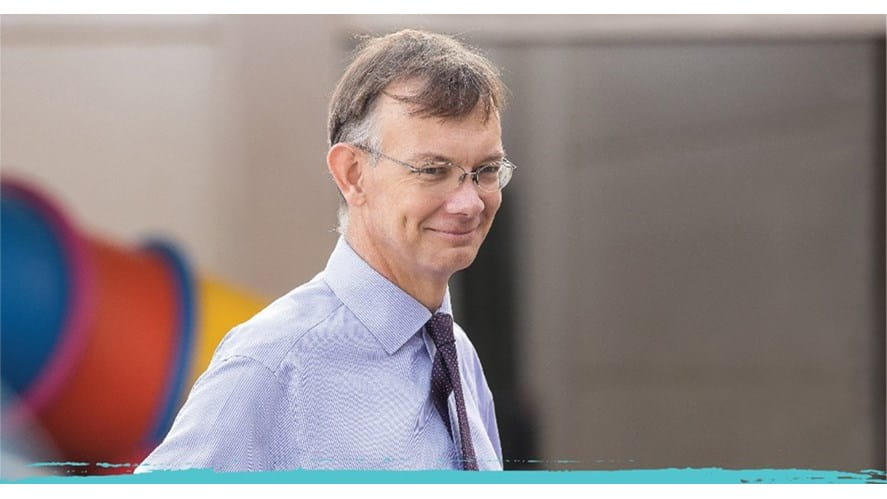A colleague of mine once had a display on his wall with a picture of all the students in his class and a space for them to write about the mistake they made this week. Crucially, there was also space for what they did about it. The display wasn’t a celebration of being wrong, but a place where students could reflect on the mistake and be proud of what they did next – how they fixed it! A great deal of learning comes from making a mistake or getting something wrong. Toddlers who bang their heads on a table tend to learn quickly that table edges are dangerous, and hopefully, it's a mistake they only make once.
Teachers sometimes deliberately lead students into mistakes – verb endings in French and Spanish spring to mind. There are rules about verb endings in Latin languages, but there are always exceptions – allowing a student to make the grammatical mistake in order to highlight the exception can be a useful learning tool. The mistake will annoy the students because they are ‘‘following the rule!’’ and that emotional attachment to the error can be a useful aid to memory. In Computer Science, a teacher might spot that a student has made a coding error, but decides not to tell the student. The student will only know they have made an error when they attempt to run the code, meaning that the student must painstakingly search through the code to find the error. This is a fantastic exercise in patience and attention to detail, not to mention a powerful motivation for getting code right in the first place next time - exactly the learning outcomes that the teacher was hoping for.
We might expect a teacher’s role to be about preventing errors and mistakes, but often when a teacher sees a student making an error, the right thing to do is let the scene play out until the student realises it for themselves. There are many powerful learning moments that can happen in a classroom, and the moment when a student stops abruptly and says out loud ‘I’ve got this wrong…’ is one of them. Questions such as ‘how do you know?’, ‘what made you realise?’, ‘what are you going to do next?’ are a vital part of the next stage in learning and more powerful for learning than ‘don’t worry, I’ll fix it for you’.
As students get older, the stakes get higher, mistakes in a GCSE exam or an IB exam matter more because they are seen by a stranger, someone whose job is to assess the learning that has taken place, rather than by the teacher who is there to help the learning take place. And of course, we try to make sure our older students make as few mistakes as possible in those exams. But the learning principle remains the same. As parents and teachers, we shouldn’t be hoping that our children don’t make mistakes – that’s pointless, they will (you do – so do I!). We should be hoping that they know and understand when they’ve made one, that they are reflective enough to appreciate why they made the mistake, and hardworking enough to want to put it right.
Chris Lowe
Head of Secondary
Return to the newsletter







